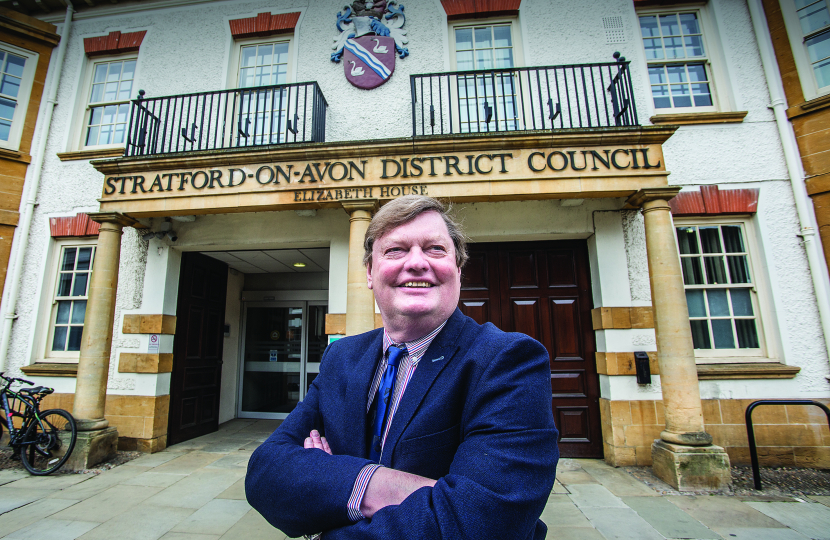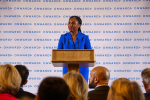
The last month could be described as “eventful”.
The war in Ukraine has greatly exacerbated trends that were already present. Inflation is rising rapidly and the delusion that it is only temporary has been dispelled. It now appears very realistic to expect high inflation to persist well into 2024. The picture is now fraught across a whole range of goods:
- Energy; the obvious one where, in the Financial Times of 12 March 2022 it was reported that average household energy bills could exceed £3,000 from October. In total this would represent a £38 billion hit.
- Metals; in the same paper it was reported that British Steel was increasing prices by £250 per tonne or 25%.
- Food; Wheat prices, which were already 49% above their 2017-21 average in mid-February, have risen by another 30% since the invasion of Ukraine started on 24 February. (Source: The Economist, 12 March 2022).
- Disruption in supply chains has been exacerbated.
It is an understatement to say that none of this is good news. Many of these increases have not yet fed through to customers’ bills but inevitably they will. The sheer scale of the price increases will make it very difficult for any government to offset all the pain. The fact that these are unlikely to be temporary increases in price makes the challenge that much greater. It is clear that the picture painted by both government and many commentators that the spike in inflation is “transitory” is hopelessly out of date.
The Institute for Fiscal Studies last week outlined three challenges for the Chancellor:
- He will either have to spend and borrow billions more, or allow a substantial hit to household incomes;
- He will either have to impose severe real pay cuts on teachers, nurses and other public sector workers, or spend much less than intended on other aspects of public services, or add even more to public borrowing. This could have a very direct bearing on Stratford District Council. Every additional 1% increase in salaries will add about £100,000 a year to the Council’s costs.
- He will either have to leave defence spending as the only main element of government spending falling over the next three years, or again find more money from additional borrowing.
There is now a growing recognition that we appear to be facing a period of “stagflation”, a combination of inflation and low economic growth. This comes after the financial crisis of 2007/8, the UK’s decision to leave the EU and the Covid-19 pandemic pushed up government borrowing. With public sector debt at around 100% of GDP, the scope for additional borrowing is somewhat limited. This is further exacerbated by all the main central banks being way behind the curve in raising interest rates to tackle inflation. So, expect interest rates to increase far more than most people anticipate over the next 18/24 months. Indeed, the latest moves by the fed in the USA where the expectation now is for 9 further interest rate increases by the end of 2024 may be the clearest indication yet of how far the Bank of England is behind the curve on interest rate rises.
At this stage it is worth pointing out that our economic performance since 2007 has been woeful. Few people appear to grasp the reality of this because it has been masked by ultra-cheap debt and the economy being flooded with money which has made borrowing easy. I suspect many of the people who exploited this situation to the full may come to regret it.
What these shocks have also meant is that what were relatively clear policy positions are now being challenged:
- Food security has risen significantly up the agenda. Agriculture is the third biggest industry in our District.
- Energy security and energy independence is now a very serious consideration.
- Defence spending will have a higher priority.
There are always trade-offs to be made in deciding on policies. In the case of energy, the tensions are between security of supply, price and environmental impact. There is absolutely no doubt that if security of supply is threatened, and that means the lights might go out quite literally, then that easily will become the highest priority.
One of the most demanding challenges in running any organisation, and councils are no different, is making decisions when considerations are pulling in different, and potentially opposite, directions and when there is uncertainty and volatility, as there is now.. The challenge is to take a balanced view, and a view that balances not only the current situation but has a clear eye on the future. It is far too easy to “fix” a current difficulty and then realise that it has caused even more problems later.
Of course, one can never see governments making this mistake.
Some things, however, are very clear. We are in challenging, unpredictable and volatile times. This means that we have to stay very alert to changes, consider different viewpoints, engage in serious debate to test issues and possible responses, and not be afraid to take tough decisions. This will include changing direction when the world has changed to the extent that the previous direction is no longer appropriate. I think that, as a council, we are as prepared as we can be for the challenges we face. The scale of the challenges, referring back to the Institute for Fiscal Studies, is that I think it is inevitable that public services will come under further pressure.
There is one very unfortunate reality that will hit us all for some time to come. We are all going to be poorer, and there will be no escape. Expectations that the Government can bail everyone out are, given the sheer magnitude of the challenge, misplaced. We are all going to have to face an uncomfortable reality.
I get a very clear impression that a great many people do not want to face this reality. There is a belief that the government not only can but should bail everyone out. In reality this would mean taxpayers bailing everyone out. As taxes are already going to be at a several decades high in April this does not feel like a terribly realistic, or even sensible political option.

